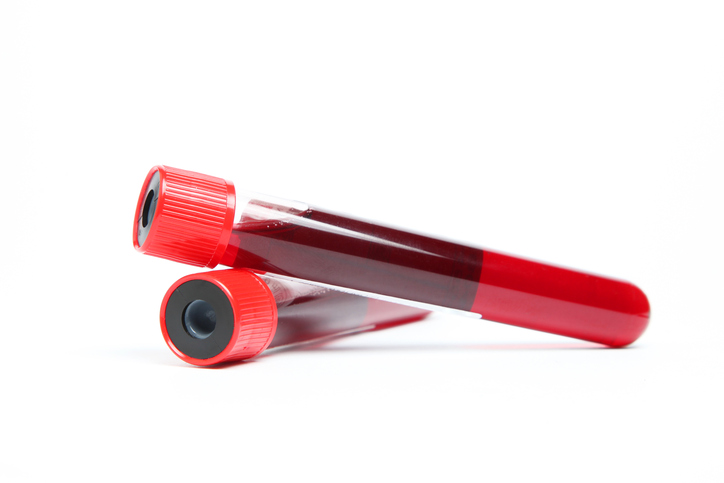
From a routine blood draw, Freenome’s diagnostics technology finds biological and genetic signs of cancer before they can be detected by currently available testing methods. A pivotal clinical trial of the company’s liquid biopsy technology is underway in colorectal cancer. As Freenome looks ahead to potentially bringing that test to the market and also expanding its technology to other types of cancer, it now has a $290 million investment from global pharmaceutical and diagnostics giant Roche.
More than money, Roche brings experience and expertise, said Freenome CEO Mike Nolan. Roche can help Freenome with the plans to add more cancers to the test menu. The Swiss multinational company can also assist with the regulatory and commercialization plans in other markets around the world, he explained.
“Roche has been a board observer since our Series B [round of funding in 2019], so they know the company very well,” said Nolan, who is a veteran of Roche and its cancer genomics profiling subsidiary, Foundation Medicine. “Now we’re going to decide what we’re going to do more specifically and more concretely. It gives us the opportunity to do more in the context of our work and not just from a distance where we’re not as committed as we are now.”
The liquid biopsy segment of the diagnostics market has several players, but South San Francisco-based Freenome is taking a different tack. Grail, reacquired by Illumina last year, has commercialized a test that can detect more than 50 types of cancer by analyzing a patient blood sample. Thrive Earlier Detection, now a subsidiary of Exact Sciences, is also developing liquid biopsy technology capable of detecting multiple types of cancer from a blood sample. Both companies bring machine-learning techniques to their cancer analysis.
Like its rivals, Freenome also uses machine learning and it aims to eventually offer a blood test capable of detecting multiple types of cancer. But the company’s first focus is colorectal cancer. Nolan said that one reason for that focus is the need. Colorectal cancer is the third leading cause of cancer deaths in the U.S., according to the American Cancer Society. Last year, the society updated its colorectal cancer screening guidelines, lowering the recommended age from 50 to 45. The change was made because rising colorectal cancer rates in younger people.
“The market got bigger,” Nolan said. “The issue is we haven’t necessarily gotten more effective at screening people for colorectal cancer.”
A focus on colorectal cancer should enable Freenome to commercialize its test quickly, Nolan said. The healthcare system has already established which groups of patients are indicated for colorectal cancer screening, who orders the test, and how the tests are reimbursed. With those pathways in place, Nolan said the test should be quickly adopted once it reaches the market. Validating and establishing the Freenome test in colorectal cancer should smooth the expansion of the technology to other types of cancer, he added.
The pivotal test underway in colorectal cancer is projected to enroll more than 30,000 people. Though there is already an FDA-approved blood cancer screening test for colorectal cancer, the Epi proColon marketed by Germany-based Epigenomics, the regulatory pathway for Freenome’s test is premarket approval. Nolan said preliminary data from the colorectal cancer test are expected by early next year. In the meantime, Freenome is preparing for clinical trials of its diagnostic in as many as 10 other types of cancer. Those tests could include breast, lung, and pancreatic cancers.
The Roche investment announced Tuesday follows a $300 million Series D round of funding that closed last December. Roche was part of that financing as well. Nolan said that Freenome is well capitalized for the clinical trials. Though there are no immediate plans to pursue an IPO, Nolan said the company is keeping that path open as an option.
“As long as we stay focused on our mission for patients, then we will be able to raise in the public or private markets,” he said. “But we want to be in a position to have the public option available to us.”
Photo: harmpeti, Getty Images










